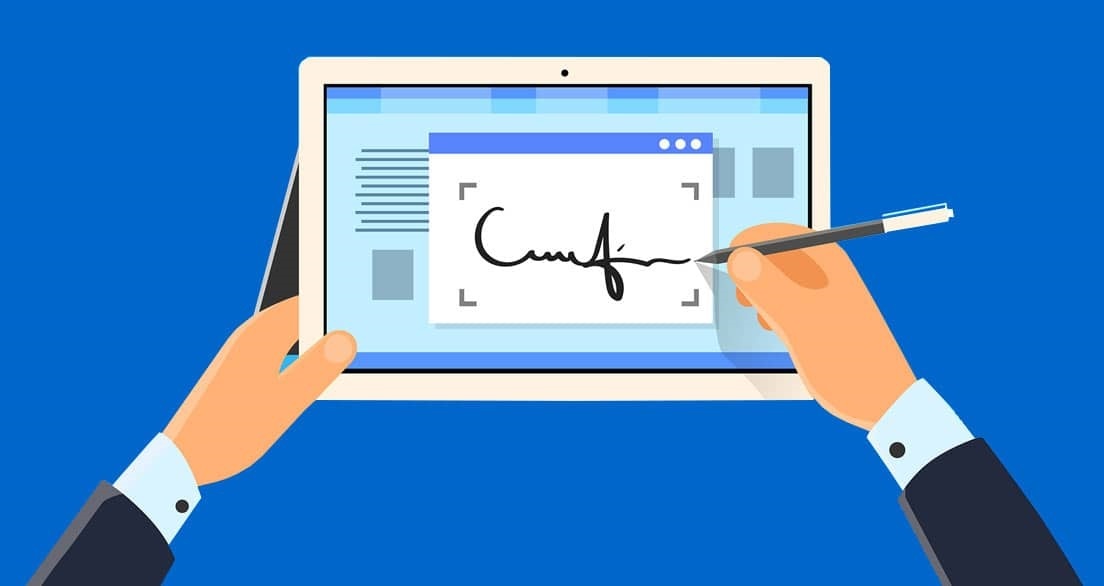Email communication is a critical part of the sales process. There are several use cases for it – from prospecting to engagement and nurturing. Just like there are many parts of the process that can be automated.
Email automation can save you a lot of time and effort by automating repetitive tasks like sending follow-up emails or checking for new prospects. Here are some examples of how you could use email automation in your sales team.
When it comes to reaching out to prospective customers, also known as cold emailing, there are several things you can automate. For example, you can use an email template to save time on crafting each individual email. There are also tools that will help you write your email templates automatically using AI and different algorithms.
You can also set up automatic follow-ups so you don’t have to remember to manually send them. This is often referred to as sequencing, i.e. sending out emails (or executing other types of touchpoints) in the pre-set order on autopilot. So if a prospective customer doesn’t respond to your initial email, following up can be crucial in converting them into an actual sale.
Additionally, most email automation tools will help you keep track of who opens your emails and when, so you can adjust your sending schedule based on the open and reply rate patterns. You can also have your email automation software tailor the schedule to the recipient’s timezone.
When automating your cold outreach, it’s important to make sure that your emails are personal and relevant to the recipient. Generic or massproduced emails will quickly get ignored or flagged as spam. Luckily, automation can help here too, helping you tailor your emails to each prospect based on the available data points (using template variables as placeholders that will be substituted with actual data when them email is sent).
You can automate many different parts of your sales emails, but it’s important to know which ones will be most effective for your business. That is why whatever tasks you decide to automate make sure you have the tools to track the efficiency of your efforts.
All in all, email automation is a great way to make your sales process more efficient. You can use email automation to send automated follow-ups, personalized offers, or other content that is relevant to your customers. You can also use email automation to schedule time-sensitive tasks, like follow-ups or reminders.











